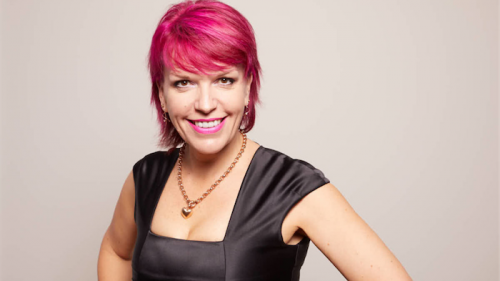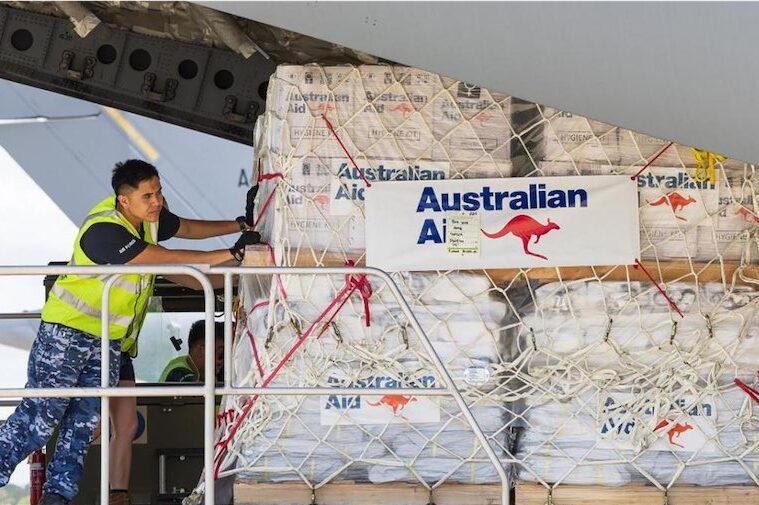
ARGUING relatives, overspending and retail madness can all turn Christmas joy into holiday stress but, according to Canberra psychologist Kerry Howard, a big problem around Christmas is expectations.
One expectation which Kerry, who is the principal psychologist at Mindfully Well, says is automatically imposed on to people around Christmas is the expectation to connect with loved ones.
“Christmas is a culturally imposed period of time where we’re expected to connect with our family and friends,” she says.
“For a lot of people, if they don’t have a good familial connection there can be a problem.
“Our primary emotional need is for connection and when we don’t have connection with other people we can often develop mental-health issues.
“A lot of people become depressed because they feel like they don’t have good connections with people.
“But also when they become depressed they tend to disconnect themselves so it makes the situation worse.
“We often sit there and go: ‘What’s everybody doing for Christmas?’
“We sit on the back foot and want to be invited instead of being on the front foot and asking what we want.”
Most of the time Kerry says people won’t tell their family or friends what they want, so she encourages these people to be open, honest and communicate.
“We assume they’re not giving it to us because they don’t want to,” she says.
“We base it on an assumption that this person doesn’t want to connect but we actually don’t ask.
“It’s problematic and it’s the same with all relationships.”
Another big expectation which Kerry says causes a build-up of stress around the holidays is having the perfect “white-picket-fence” Christmas.
People are often saying: “Well if I’m doing Christmas, I have to make it perfect”, which again she says causes stress because of the expectations.
“There’s this expectation we feel we need to match,” she says.
“Feelings of needing to be perfect is what we do to avoid being judged.
“If we do the best we can and it comes from a heartfelt place and somebody doesn’t appreciate it, then really the problem is with them.”
When people take this judgement on board, Kerry says it can become problematic.
“What’s interesting about those [judgemental] people, is they often don’t like themselves,” she says.
“They try and elevate themselves above everybody else to make them feel better.”
And this advice transfers over into present giving, especially in situations where people might not be able to give, financially, as much as others.
Kerry suggests being open to people who might be upset by saying something like: “This is fantastic and I wish I could return something similar but my circumstances are different.”
“It’s not necessary to spend large amounts of money on gifts,” she says.
“Ultimately the gift of giving is about the giving, not the receiving. The gift is the thoughtfulness of it.
“Those gifts that are more about the personal connection show much more time and effort and thoughtfulness.
“It’s quite a different gift process than going and getting a bunch of gift cards.
“A big part of it is because our lives are busy and stressful but a more expensive present is not necessarily more meaningful.
“Sometimes the best gifts are ones that indicate that somebody has really thought about what you enjoy.”
Kerry says another tip to keep stress away over the Christmas period is to be organised.
“As we get older and meet partners and have to split our time between families, it’s a matter of trying to work out what’s ultimately important to you as an individual,” she says.
“And, having good boundaries around what you’re prepared to do and are not prepared to do.”
Instead of resenting “obligations” and allowing others to impose “obligations” Kerry says it’s okay to say: “Sorry, I already have too many other things to do.”
“It’s a matter of being clear about what you want for yourself and having those hard conversations ahead of time,” she says.
Who can be trusted?
In a world of spin and confusion, there’s never been a more important time to support independent journalism in Canberra.
If you trust our work online and want to enforce the power of independent voices, I invite you to make a small contribution.
Every dollar of support is invested back into our journalism to help keep citynews.com.au strong and free.
Thank you,
Ian Meikle, editor





Leave a Reply